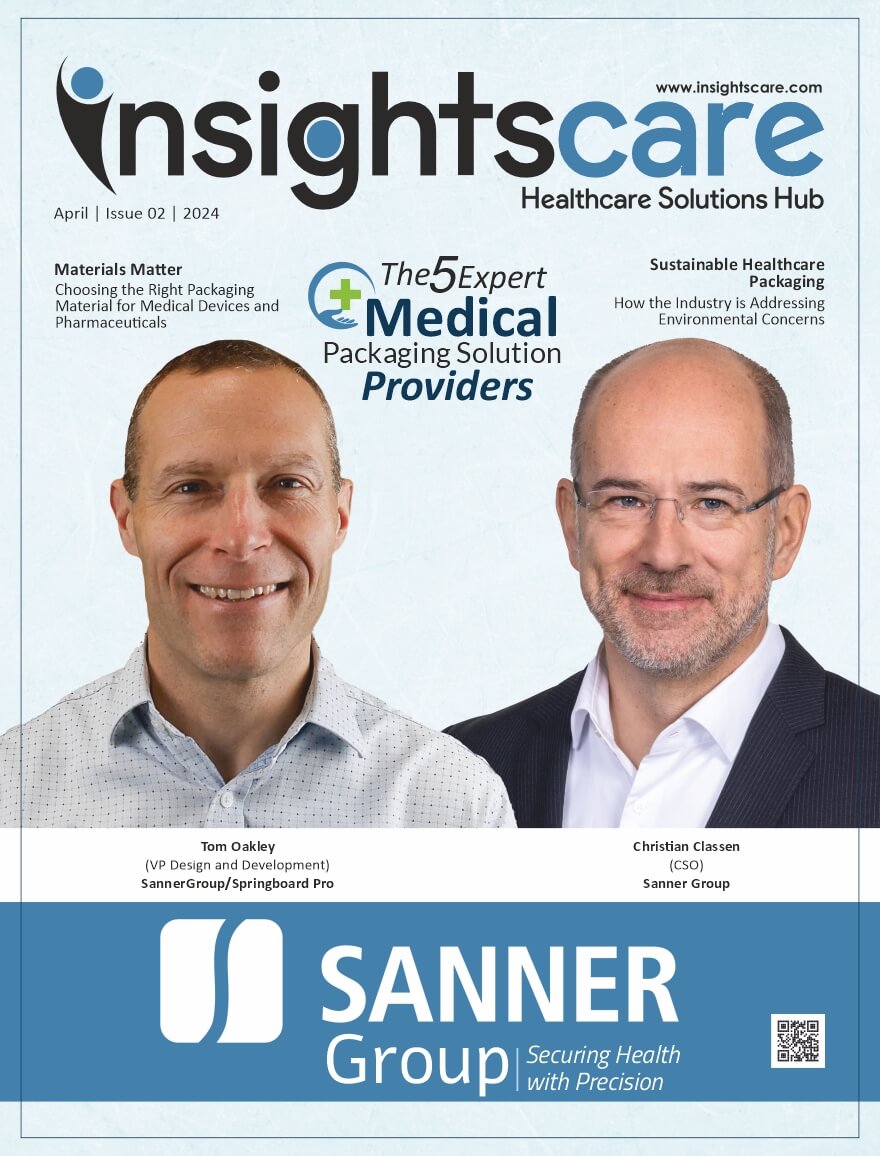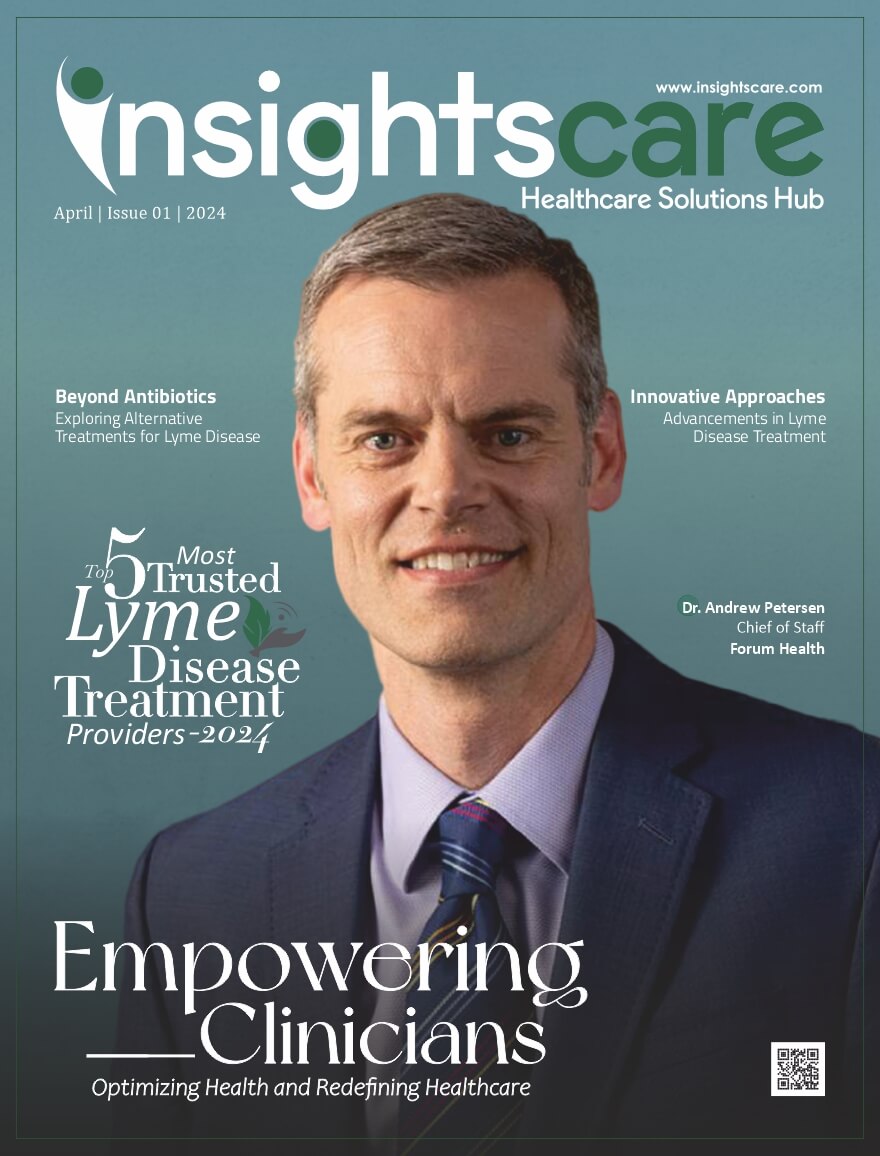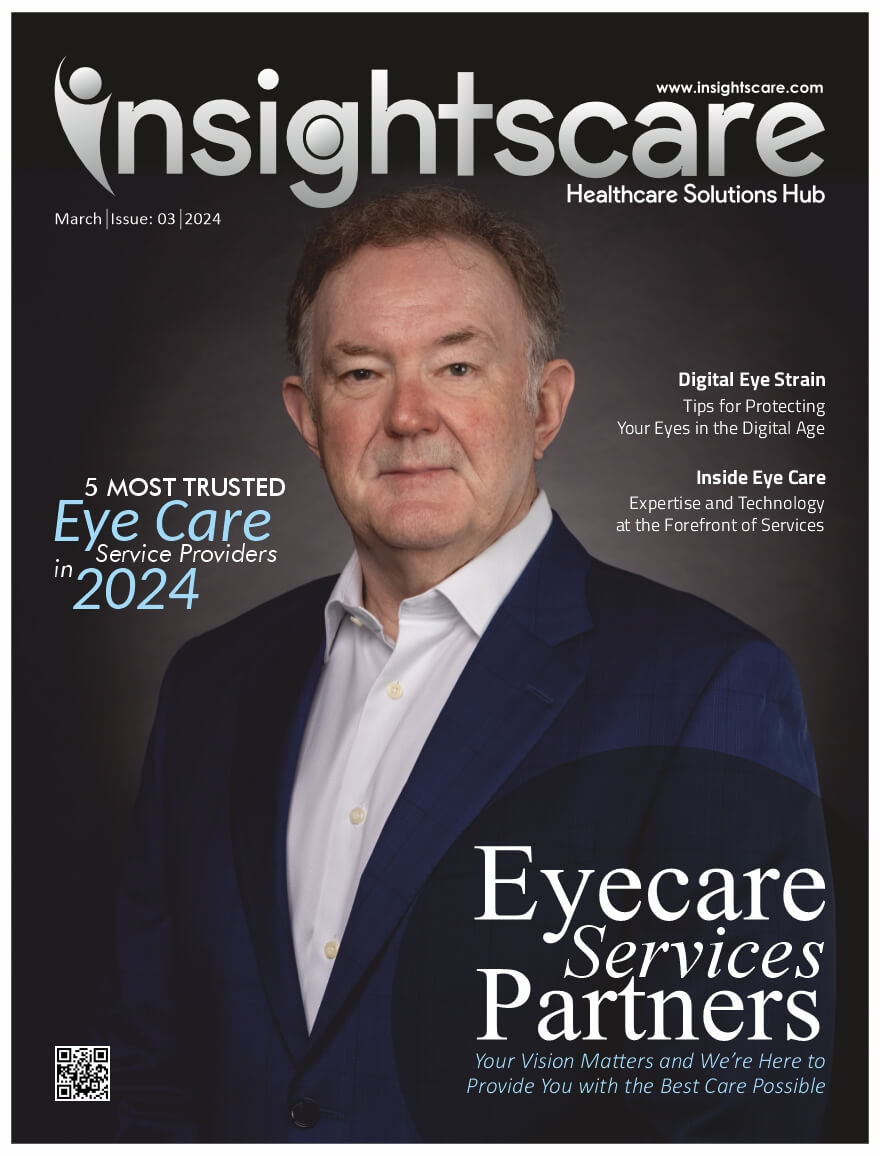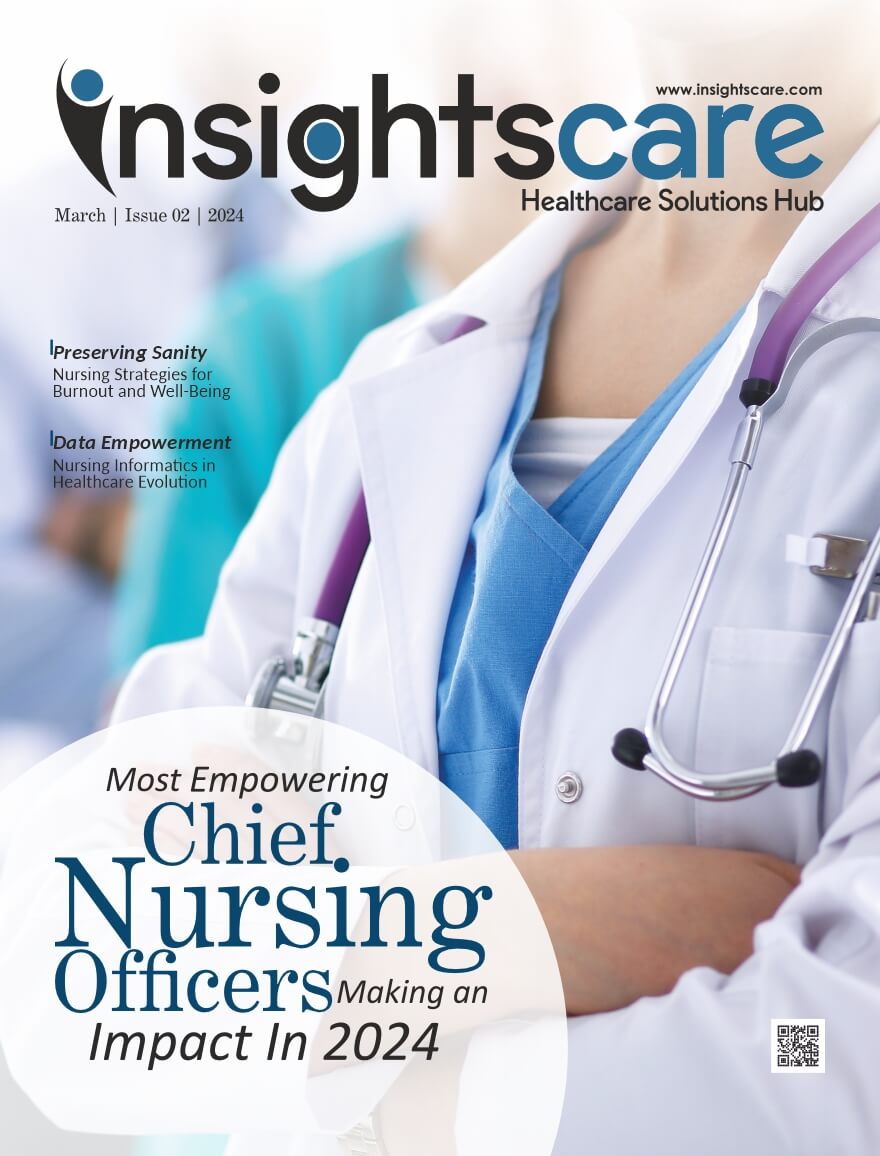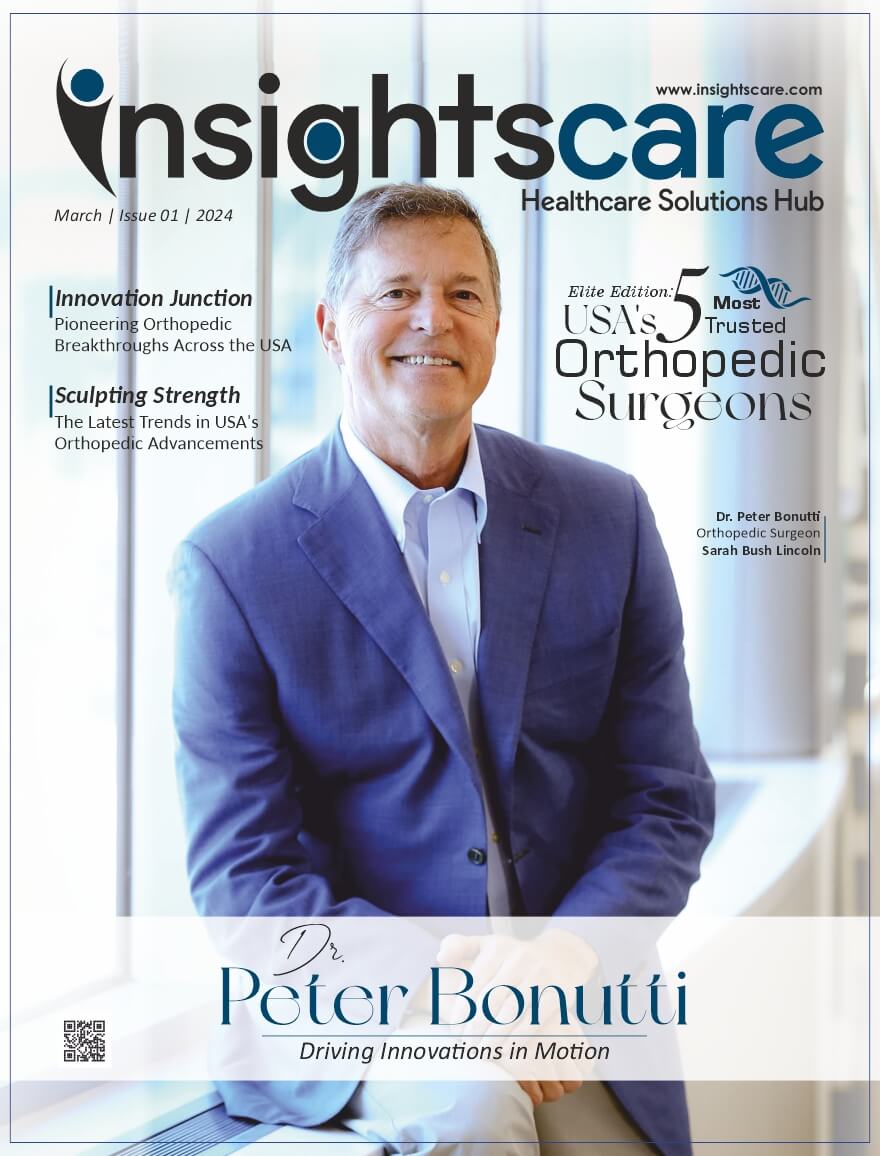The Centers for Disease Control (“CDC”) estimates six in ten Americans have at least one chronic disease, and four in ten have at least two chronic diseases. These chronic diseases are a significant contributor to premature death and disability, and to the staggering $3.8T annual healthcare costs in the United States. Coupled with current demographic trends of an aging population, it is critical to explore innovative, and efficient care delivery models to meet this market demand.
Virtual care and remote patient monitoring (“RPM”) can be one of, if not the alternative care model that helps transform healthcare delivery maximize patient care treatment effectiveness and provide greater access to care. This shift continues to expand across populations as healthcare organizations work to improve patient care, manage the cost of these chronic illnesses and account for social determinants of health.
Virtual care has become a respite for patients who cannot access in-person care and for those who with chronic conditions. RPM and virtual care help healthcare organizations detect disease decomposition sooner and deliver ongoing chronic condition management. The end result allows for a timelier intervention, increased patient education and empowerment, and improved overall patient-physician relationships.
The COVID-19 pandemic has accelerated telecare and RPM adoption and spurred healthcare organizations to embrace these innovative care delivery models. These tools facilitate meeting consumers at their home and helping them effectively manage their chronic conditions while maintaining good cost and quality outcomes.
RPM is recognized by the Centers for Medicare and Medicaid Services (“CMS”), and reimbursement codes were established in 2019 for the collection and analysis of patient data used to manage chronic and/or acute health illnesses or conditions.
CMS has proposed additional changes to the 2022 Physician Fee Schedule which expands coverage to Remote Therapeutic Monitoring codes and provides an additional option for providers to gain reimbursement in a wide range of patients This expansion demonstrates the growing commitment to the future of RPM/RTM which ensures continued access to care for millions of Americans nationwide.
An RPM program should be a critical component of every healthcare and care management strategy.
AMC’s intelligent telecare management solution utilizes the latest advancements in remote patient monitoring devices and turns data points into actionable analytics; helping both providers and consumers manage their chronic conditions and maintain good cost and quality outcomes.
About AMC Health
Founded in 2002, AMC Health offers a suite of virtual care and RPM solutions that deliver high-quality, low-cost, patient-centered clinical care and timely interventions at a distance. The AMC Health Virtual Care and RPM suite of solutions leverages a superior analytics platform and a simple user interface which integrates easily into clinical workflows.
These solutions provide frictionless consumer experiences as healthcare providers seek to sustain and scale virtual care services beyond the COVID-19 pandemic to address social determinants of health and enable greater access to care and chronic condition management.
AMC Health leverages an advanced data analytics platform with real-time data, the latest in-patient monitoring devices, and a suite of customizable wrap-around virtual care and telecare management solutions.
AMC’s solutions support hundreds of thousands of patients across the healthcare continuum, through our payer, provider, employer group, and government agency partnerships. One of AMC’s partner clients is the Department of Veterans Affair where we deliver telehealth and RPM services to help our veterans manage their chronic conditions more efficiently.
AMC’s FDA Class II cleared clinical decision support platform is combined with end-to-end, clinical and RPM support services that enable healthcare organizations to confidently extend their services beyond the four walls of a hospital and ambulatory clinical setting.
With access to over 200 devices, 70 clinically trained nurses across the US, a dynamic smart-device app, and programs for more multiple chronic conditions and unique diseases, AMC Health is positioned to help organizations succeed with their virtual care strategies.
Our Mission
AMC Health was founded in 2002 by Nesim Bildirici shortly after losing his father, Gabriel Bildirici, to chronic heart failure.
Nesim personally experienced the heart-wrenching challenges patients and their advocates face when trying to manage chronic illness. These can include a lack of coordination between caregivers, dealing with multiple providers, trying to decipher complex treatment plans and multiple medications, patient comprehension issues, and the complications of co-morbidities.
Convinced his father would have lived a longer and better life had a healthcare delivery model been available that allowed care teams to remotely monitor his father’s condition, Nesim founded AMC Health.
AMC’s mission is to deliver life-changing services, resulting in a world where patients receive personalized care experience through a comprehensive, advanced analytics platform based near-time and real-time data. These services will reduce the access to care barriers, enhance patient care, and improves overall quality of care by delivering care where patients are comfortable, and supporting providers’ ability to customize interventions using advanced analytics.
Implementing Strategy and Best Practices for a Successful RPM Program
Looking Beyond Technology
The goal of an RPM program is identifying patient risk factors (both clinical and otherwise) and providing actionable information to support clinical interventions. While there is an overwhelming number of RPM devices available, “low-tech” solutions (such as Interactive Voice Response (IVR) surveys) can drive positive outcomes at a low relative cost.
Virtual Care Strategy
The COVID-19 Pandemic led many healthcare organizations to “check a box” for remote visits or secure text communication. This reactive approach needs to be developed as part of a broader strategy upon which RPM services can be implemented also.
The individual pieces complete the overall puzzle and must be considered collectively to not only achieve a return on investment, but also support the healthcare organization’s goals of improving patient experience, outcomes and minimizing cost-of-care.
Patient Engagement
Patient engagement is key to a successful RPM and telehealth program. The patient must feel empowered to inform and participate in their consumption of healthcare services. Health literacy is a major factor in patient engagement as patients need access to resources to understand their chronic conditions. These educational resources empower patients to better understand not only their chronic conditions, but also how their daily choices and RPM program adherence impacts their overall health.
Clinical Staffing
Many telecare and RPM programs have initial challenges due to the increased expectations of existing clinical staff: adding more work to these resources that are already overworked is not sustainable.
Healthcare organizations should consider care management staff workload when determining who will manage alerts and deliver patient interventions. AMC’s strategy for reducing alert fatigue ensures your clinical team is not unnecessarily overwhelmed. If additional resources are needed, AMC can provide telecare management and full virtual clinical resources, certified in all 50 states.
The Pandemic Challenge
It’s no secret the COVID-19 pandemic created an overnight need for healthcare organizations to reimagine how to deliver care virtually. It was the catalyst that increased adoption of virtual care platforms but also caused many healthcare organizations to rapidly implement a solution without a complete virtual care strategy. They struggled with the number of newer RPM solutions that were created in response to the new CMS telecare and RPM CPT codes.
Components of a successful RPM program, such as tracking patient adherence, minimizing alert fatigue, deploying clinicians to intervene at the appropriate level of care, were lacking. This contributed to many programs having limited initial value.
AMC Health rapidly deployed a COVID-19 solution, enabling healthcare organizations HE to solve for this new reality. Technology is only one component of the solution. Deploying smart thermometers and pulse oximeters, providing modems, tablets and a patient facing app for Apple/Android devices to solve for a wide range of patients’ digital connectivity needs, patient engagement/education delivered in the home, robust analytics, and a clinical team available to supplement care managers lead to immediate results.
In-home monitoring for COVID-19 patients is another virtual care solution. AMC Health has over 90 clinical care pathways. These pathways range from chronic conditions including heart-failure, hypertension, and diabetes, to supporting post-discharge activities to minimize potential readmissions.
The Future of RPM (Post-Pandemic)
Remote patient monitoring is poised to become a key component in the standard of care.
As healthcare organizations form their long-term virtual care strategies, RPM and telehealth should play a prominent role. As the industry continues moving toward value-based care, RPM will become an important component of a healthcare organization’s overall strategy to lower costs, improve patient outcomes, and help empower consumers to manage their health.
Looking Ahead for AMC
AMC Health is positioned to partner with healthcare organizations developing and deploying virtual care strategies. Through a strategic investment by York Capital, AMC will support our rapid growth with strategic hires and development in product innovation, corporate infrastructure, and sales and marketing capabilities.
Development efforts are focused on new therapeutic areas like high-risk maternity, oncology and how to capture and incorporate data for wearable devices. This activity will improve actionable analytics while minimizing the “point solution” and “additional clinician workflow” challenges.
Strategic partnership opportunities with other digital health companies will also expand AMC’s expertise and capabilities in data infrastructure and management, patient engagement, machine learning algorithm development and actionable analytics. These future partnerships will enhance AMC’s customer experience, improve the interaction they have with their patients, and set the foundation for the evolution and uptake of telecare services.
Quote: “An RPM program should be a critical component of every healthcare and care management strategy.”

